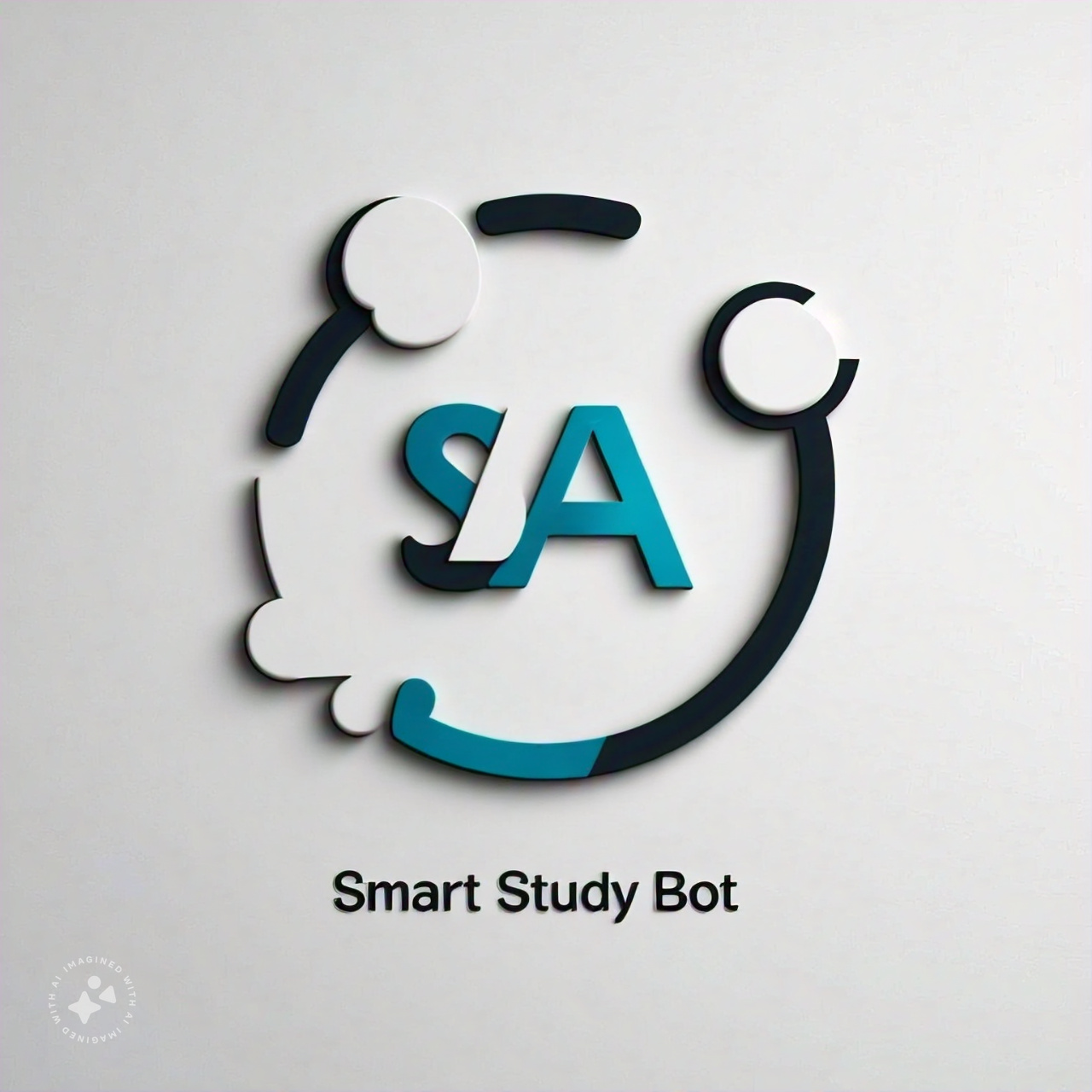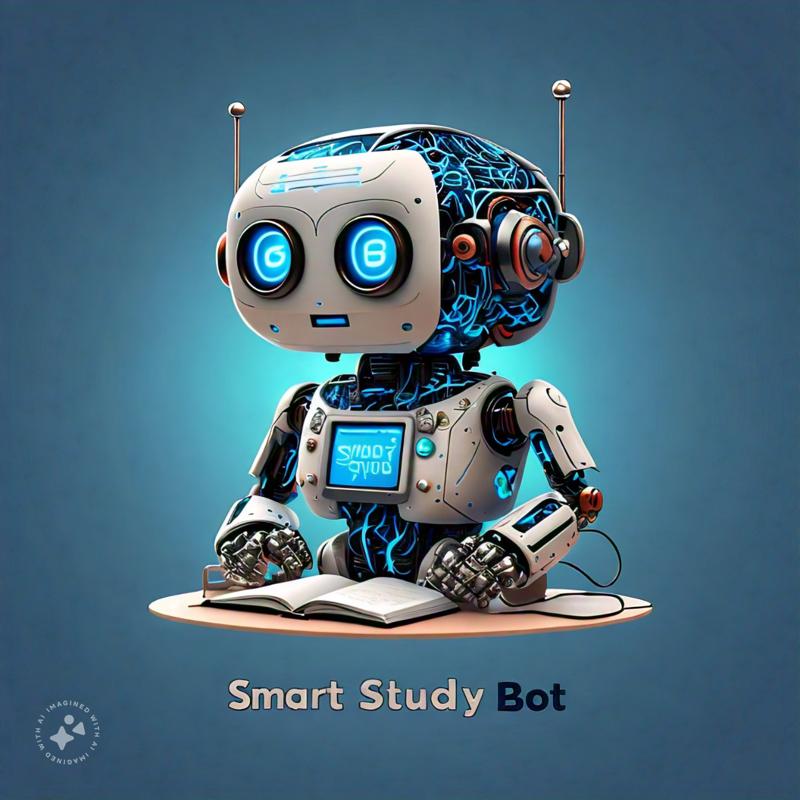20 Aug, 2024: Views - - 218 views
Category: Technology
Tags: Chatgpt, Claudeai
By admin on Aug. 20, 2024, 11:45 a.m.

Introduction
As we advance deeper into the 21st century, artificial intelligence (AI) has begun to permeate various aspects of our daily lives, revolutionizing industries and redefining human interaction with technology. In education, AI presents a transformative potential, especially for Generation Z (Gen Z), a cohort that has grown up in a digital world. This essay argues that AI can play a crucial role in enhancing educational experiences for Gen Z by offering personalized learning opportunities, fostering engagement through interactive tools, and preparing students for a future where AI-driven skills will be essential. However, this integration of AI in education also poses challenges, such as ethical concerns and the risk of exacerbating educational inequality, which must be addressed to ensure its successful implementation.
Personalized Learning: Revolutionizing the Educational Experience
One of the most significant advantages of AI in education is its capacity to offer personalized learning experiences. AI-powered platforms can analyze individual student data, including learning patterns, preferences, and progress, to create tailored educational content that meets each student's unique needs. This level of customization was unimaginable in traditional education systems, where a one-size-fits-all approach often fails to cater to diverse learning styles and paces.
For instance, adaptive learning technologies, such as DreamBox and Smart Sparrow, use algorithms to adjust the difficulty of tasks in real time, ensuring that students are neither bored with overly simple content nor overwhelmed by challenging material. This dynamic adjustment not only enhances the learning experience but also boosts student confidence and motivation. When a student struggles with a particular concept, the AI can provide additional resources, exercises, and explanations to reinforce understanding, thereby promoting mastery of the subject matter.
However, the reliance on AI for personalized learning is not without limitations. One critical concern is the potential for data privacy breaches. The collection and analysis of student data by AI systems raise questions about how this data is stored, used, and protected. Moreover, there is a risk that the algorithms could reinforce existing biases, leading to a perpetuation of inequalities in the education system. To mitigate these issues, it is imperative that educational institutions implement robust data protection measures and continuously evaluate AI algorithms to ensure they operate equitably.

Engagement Through Interactive and Immersive Learning Tools
Engagement is a cornerstone of effective education, and AI has the potential to revolutionize how students interact with learning materials. For a generation that has grown up with smartphones, social media, and video games, traditional classroom methods may seem outdated and unengaging. AI-driven tools, such as virtual reality (VR) and augmented reality (AR), offer immersive learning experiences that can captivate Gen Z students and foster deeper engagement with the material.
For example, AI-powered educational games and simulations allow students to explore complex concepts in a hands-on manner. A biology student can virtually dissect a frog without the need for physical specimens, while a history student can take a virtual tour of ancient Rome, gaining insights that would be impossible through textbooks alone. These interactive experiences not only make learning more enjoyable but also enhance retention by involving multiple senses and encouraging active participation.
Moreover, AI can facilitate collaborative learning by connecting students with peers and educators worldwide. Platforms like Coursera and EdX utilize AI to match students with similar interests or learning goals, enabling them to work together on projects, share ideas, and learn from diverse perspectives. This global connectivity aligns with Gen Z's values of inclusivity and collaboration, making education a more socially enriching experience.
However, the integration of AI in creating engaging learning experiences also poses challenges. The high cost of developing and implementing these technologies can create disparities between well-funded and underfunded schools, potentially widening the digital divide. To ensure that all students benefit from AI-enhanced education, policymakers must prioritize equitable access to technology and provide support for schools in underserved communities.
Preparing Gen Z for an AI-Driven Future
As AI continues to evolve, its impact on the job market is expected to be profound, with many industries increasingly relying on AI-driven processes. For Gen Z, preparing for this AI-driven future is essential, and education plays a critical role in equipping them with the necessary skills. AI can be a valuable tool in teaching students not only technical skills, such as coding and data analysis but also soft skills like critical thinking, problem-solving, and adaptability.
AI-driven platforms like Khan Academy and Code.org offer interactive courses in coding, machine learning, and other AI-related fields, making it easier for students to acquire these in-demand skills. Furthermore, AI can assist educators in identifying gaps in students' knowledge and providing targeted interventions to address them. By fostering a strong foundation in AI and related technologies, the education system can better prepare Gen Z for the challenges and opportunities of the future workforce.
However, the rapid pace of AI development also raises concerns about the potential obsolescence of skills. As AI systems become more sophisticated, the skills required in the workforce may change rapidly, rendering some knowledge and competencies outdated. To address this issue, education must emphasize lifelong learning and adaptability, encouraging students to continuously update their skills and stay informed about technological advancements.
Ethical Considerations and the Risk of Widening Inequality

While the benefits of AI in education are substantial, it is crucial to acknowledge and address the ethical concerns associated with its use. One of the primary ethical dilemmas is the potential for AI to reinforce social and educational inequalities. For example, AI systems that rely on historical data may inadvertently perpetuate biases present in that data, leading to discriminatory outcomes. Additionally, the unequal access to AI-powered educational tools could exacerbate existing disparities between students from different socioeconomic backgrounds.
To mitigate these risks, it is essential to ensure that AI systems in education are designed and implemented with fairness and equity in mind. This includes conducting regular audits of AI algorithms to detect and correct biases, as well as providing transparent information about how these systems operate. Furthermore, policymakers must prioritize equal access to AI-powered educational tools, ensuring that all students, regardless of their background, have the opportunity to benefit from these advancements.
Another ethical concern is the potential for AI to replace human educators. While AI can assist in delivering personalized learning and managing administrative tasks, it cannot replicate the empathy, intuition, and moral guidance that human teachers provide. Education is not merely about the transmission of knowledge; it also involves the development of character, values, and social skills. Human teachers play a crucial role in this process, and their presence is indispensable in fostering well-rounded individuals.
Conclusion
The integration of AI in education holds significant promise for enhancing the learning experiences of Gen Z. By offering personalized learning, fostering engagement through interactive tools, and preparing students for an AI-driven future, AI can play a transformative role in modern education. However, it is essential to address the ethical concerns and challenges associated with AI, such as data privacy, bias, and the risk of widening inequality, to ensure that its benefits are realized equitably. As we move forward, a balanced approach that leverages the strengths of both AI and human educators will be crucial in shaping the future of education for Gen Z, preparing them to thrive in a rapidly changing world.
Comments
No comments yet.
You must log in to leave a comment.